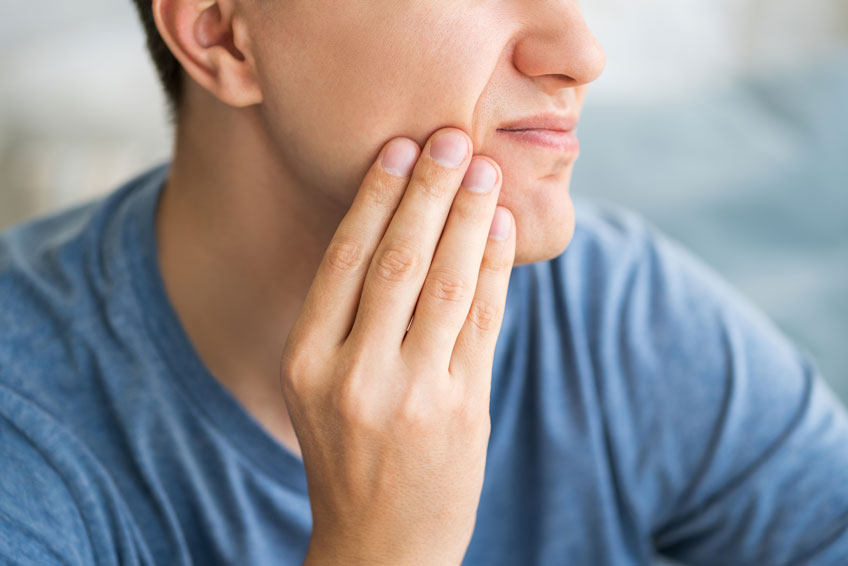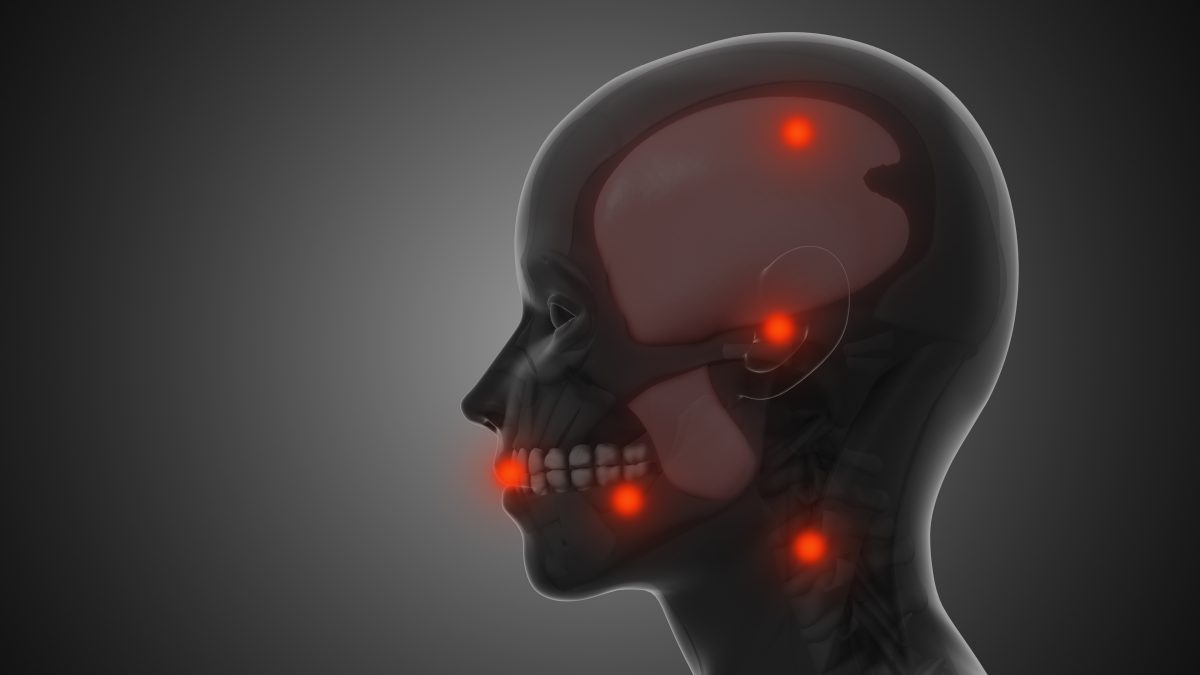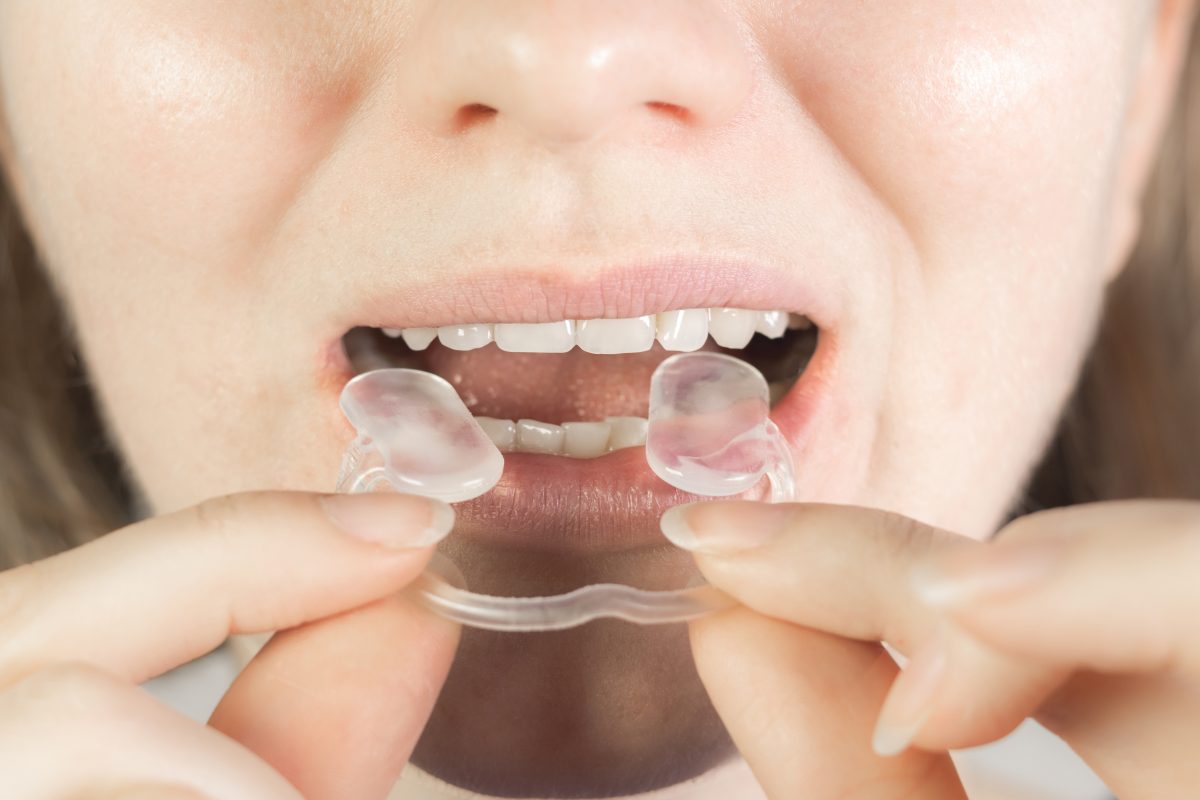TMJ
Relieve the symptoms of jaw joint disorder
The temporomandibular joint connects your jaw to the bones of your skull and moves the jaw up and down. If you have problems with this joint (known as temporomandibular joint disorder or TMD), you may be grinding or clenching your teeth, either at night or during the day. We’re here to help you find the best solution for you, using x-rays and assessments to determine your treatment options.
Book an appointment





